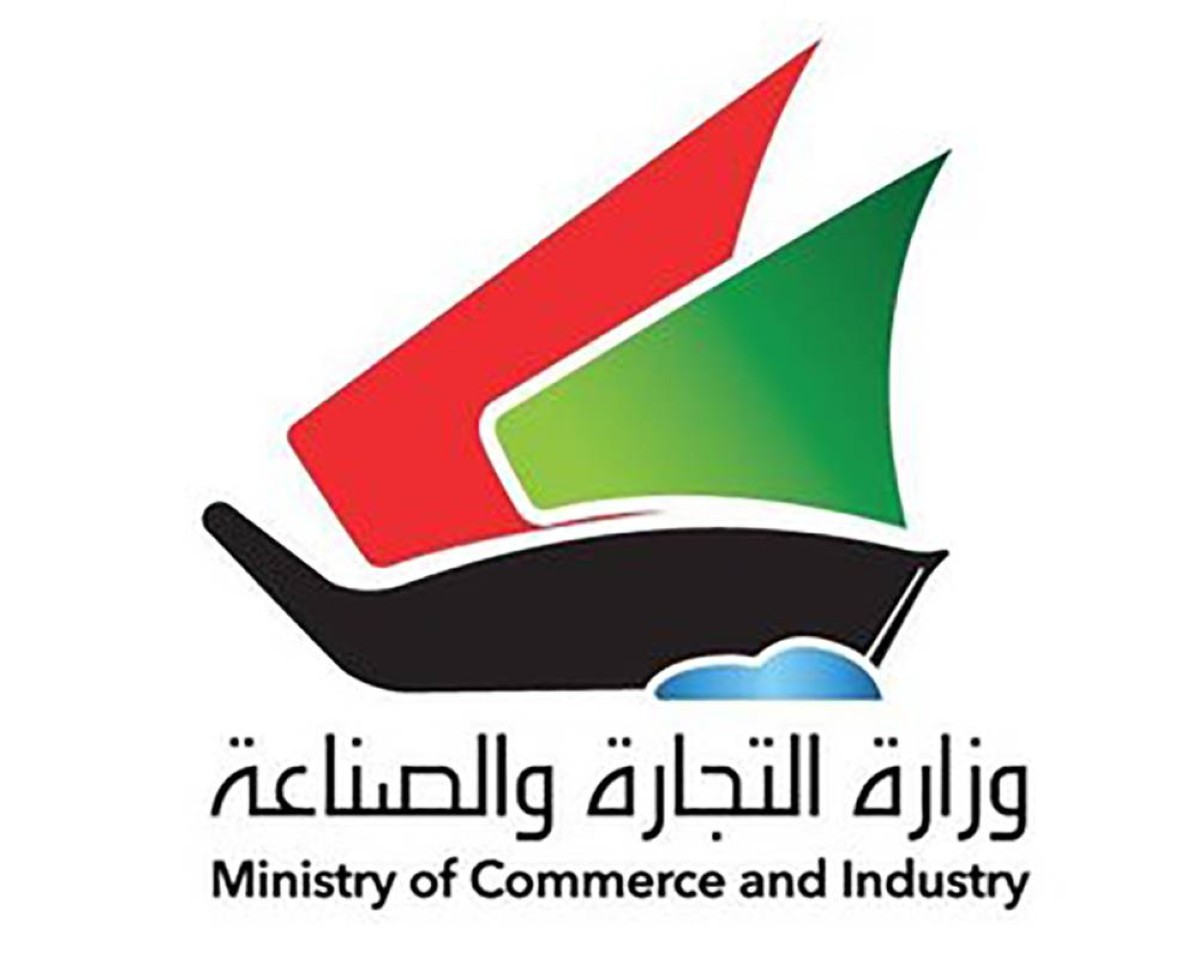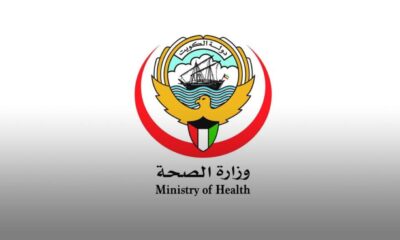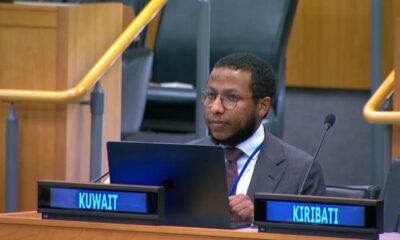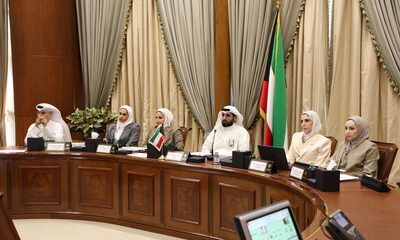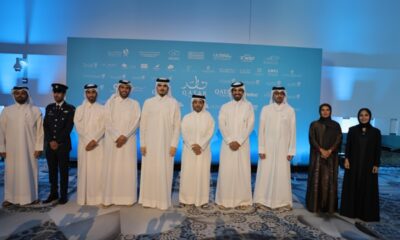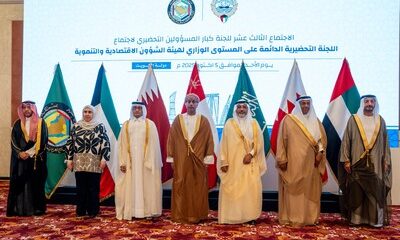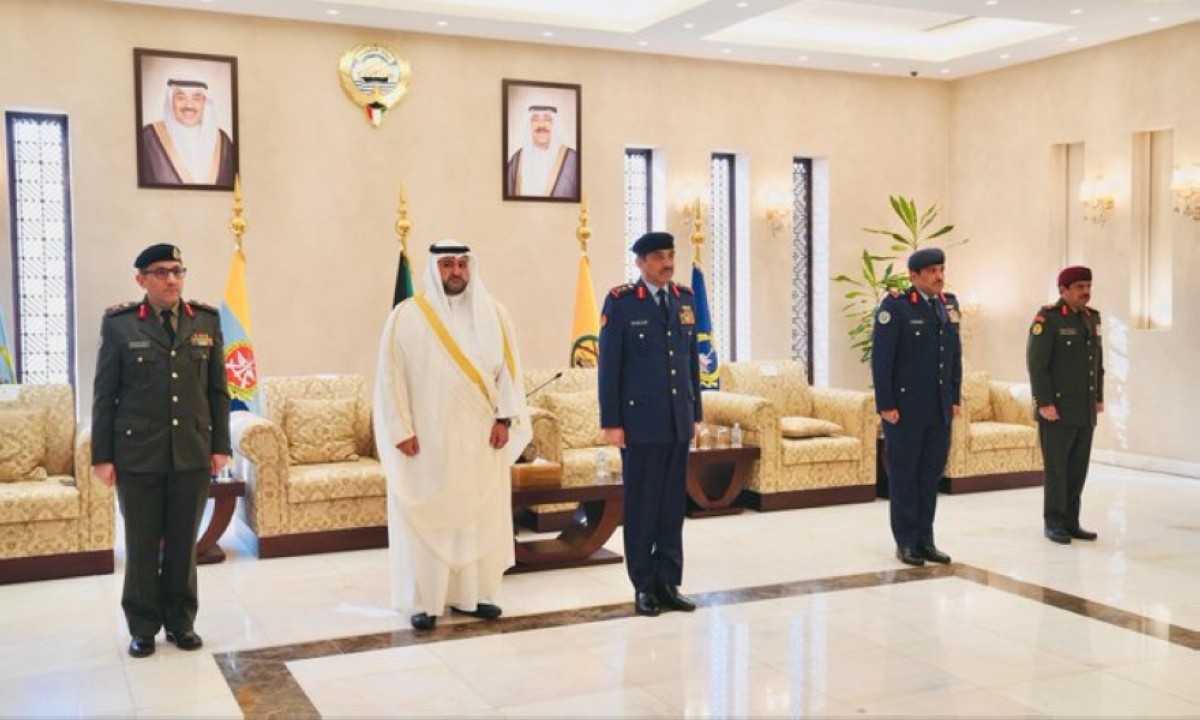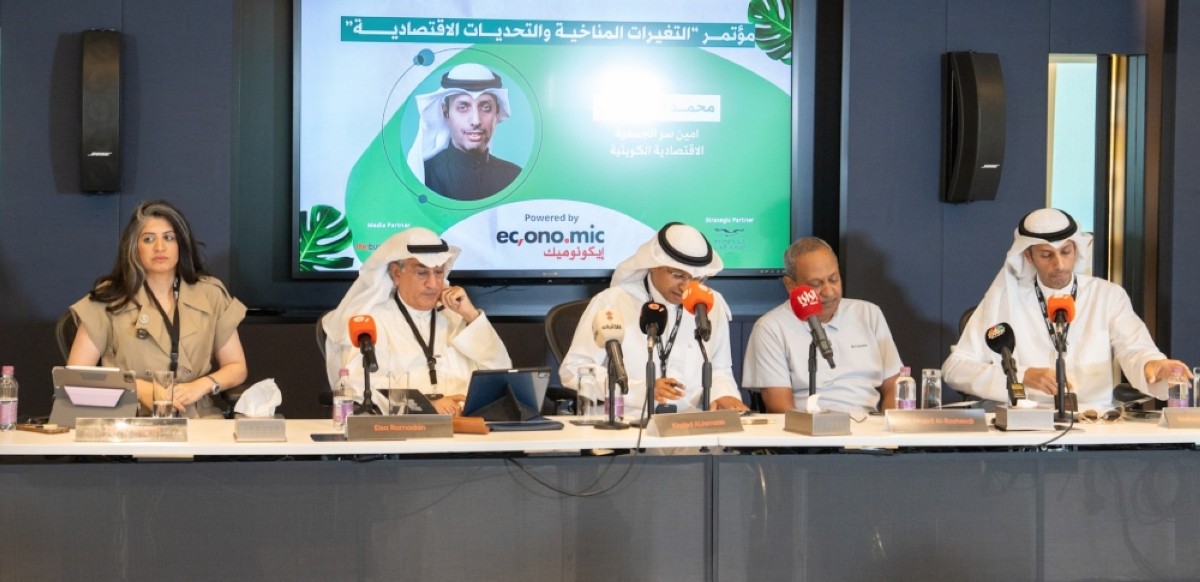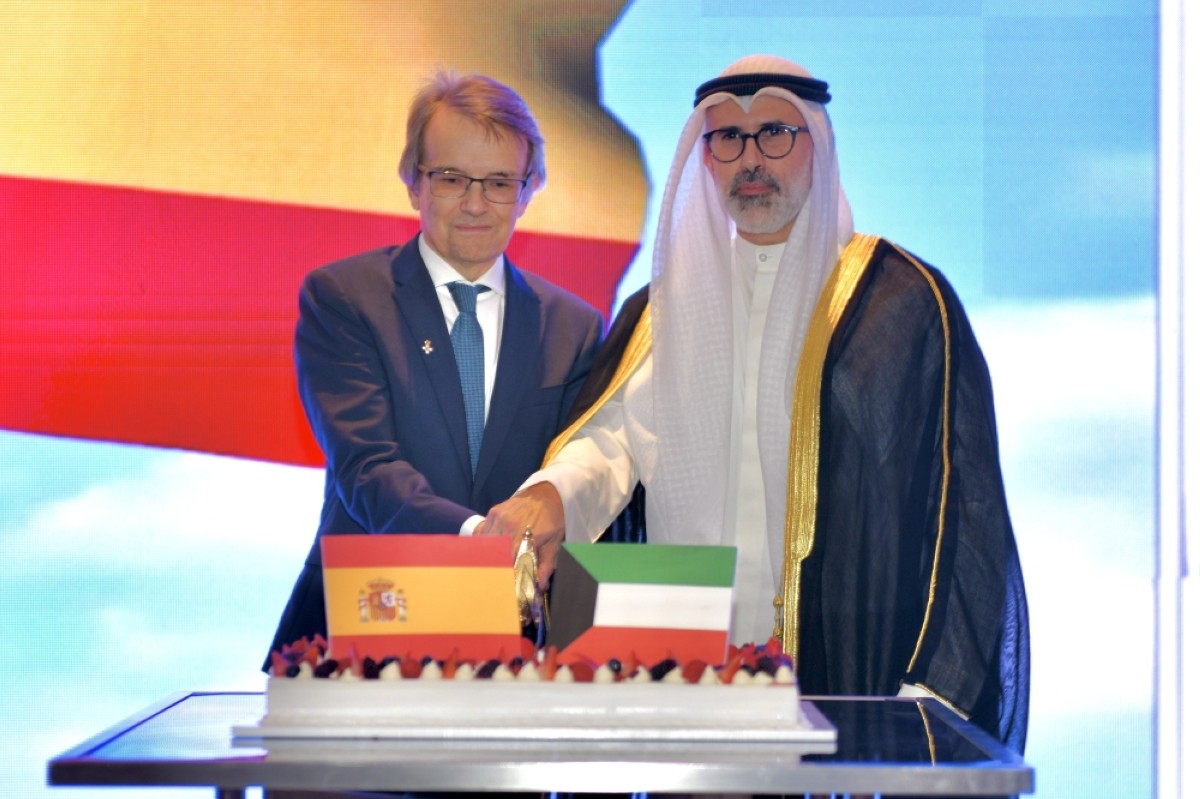KUWAIT: Minister of Commerce and Industry Khalifa Al-Ajeel on Monday called for the issuance of a unified legal and regulatory framework for the delivery sector to ensure transparency, protect customer data, and consolidate principles of fair competition based on neutrality and credibility. He highlighted that the delivery sector has become a key pillar in stimulating economic activity.
The remarks came after Minister Al-Ajeel chaired an expanded meeting with delivery company owners, in the presence of representatives from the Competition Protection Authority, to discuss ways to regulate this rapidly growing sector. The minister emphasized that the ministry, with the support of the Council of Ministers, aims to simplify procedures, overcome challenges, and create a more flexible and transparent business environment that stimulates investment and serves the interests of all stakeholders.
He stressed that any new regulatory framework will prioritize consumer rights, with clear controls ensuring quality and transparency in service provision. Effective oversight mechanisms will be introduced to allow consumers to submit complaints and feedback, enhancing confidence in the market and guaranteeing fair and secure services.
Representatives from the Competition Protection Authority announced plans to launch specialized workshops for delivery company staff and officials to familiarize them with the governing regulations and promote a culture of compliance. Delivery company representatives, in turn, outlined the main challenges facing their operations and expressed their readiness to cooperate closely with the ministry to develop the sector in line with market and consumer needs.
Digital transformation
The Ministry of Interior (MoI) has achieved a significant milestone in digital transformation, redefining government transactions from traditional paper-based processes to smart services completed in minutes. These initiatives align with the fifth pillar of Kuwait’s New Kuwait 2035 development vision, which focuses on building a connected and transparent government, enhancing performance, meeting citizens’ needs, promoting integrity, and fostering digital innovation.
Since the launch of the unified government e-services application Sahel, the MoI has recorded the highest volume of electronic transactions among state institutions, surpassing 30 million. The ministry provides 37 e-services through the platform, including residency renewals, visa issuance, driver’s license renewals, travel ban inquiries, and traffic violation payments. Automated alerts notify users of traffic violations, pending expirations of licenses and passports, and vehicle registrations.
To enhance service efficiency, an appointment booking system has been integrated for more than 19 departments, reducing wait times and facilitating smoother coordination. Supporting Kuwait’s tourism and business sectors, the MoI recently launched the Kuwait Visa electronic platform, facilitating the issuance of tourist, family, business, and government visas, reinforcing Kuwait’s role as a regional financial and commercial hub.
In line with its digital security agenda, the ministry implemented the Biometric Fingerprint project to combat document forgery and strengthen security at border crossings and airports. The project has built a database of over five million citizens, residents, illegal residents, and visitors, assisting in crime prevention, identifying wanted individuals, and streamlining deportation procedures. Biometric data is now linked with other state ministries to reduce processing times and improve service delivery.
The MoI’s digital transformation extends to security operations. The General Directorate of Coast Guard introduced smart unmanned marine vessels capable of extended autonomous operations, marking a major modernization of the naval fleet. In the traffic sector, the updated Traffic Law, implemented on April 22, introduced artificial intelligence technologies, smart cameras, and digital monitoring systems to enhance public safety and automatically detect violations.
Official statistics indicate a 16 percent decrease in traffic violations during the first half of 2025, with figures falling to 1,659,448 from 1,968,733 in the same period last year. Traffic accidents declined by 45 percent to 1,383 from 2,511, while fatalities fell by 34 percent to 94 from 143. The MoI’s digital transformation has thus evolved into a comprehensive framework that strengthens public safety, enhances service efficiency, and supports societal stability and security. — KUNA




